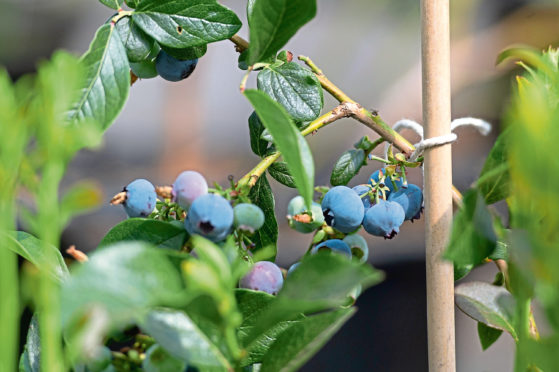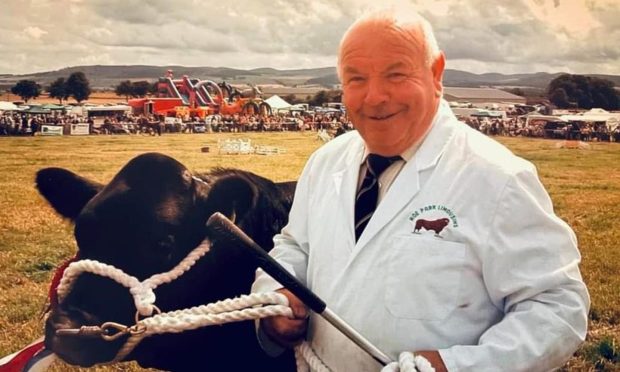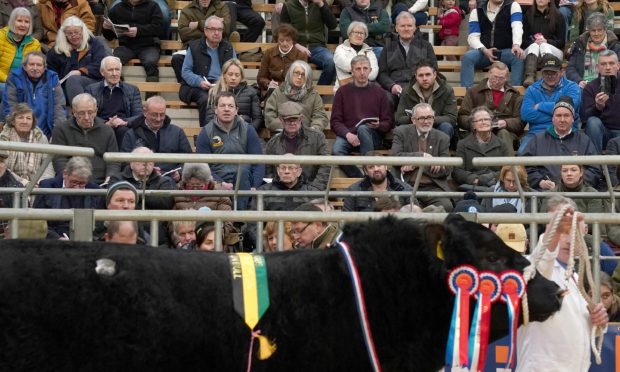International business is being targeted by James Hutton Limited (JHL) as operating conditions remain testing for the Invergowrie-based company which translates scientific research into commercial opportunities.
While the annual accounts show the company’s turnover for 2018-19 was £4.12 million, up on £3.83m in 2017-18, and with an operating profit of £859,000 (£603,000), director Professor Colin Campbell states in his annual report that markets for the work to commercialise science “are and will continue to be challenging”.
Professor Campbell, chief executive of the James Hutton Institute, whose work is turned into commercial services, licences and products in the agricultural, environmental and oil and gas exploration and production areas by JHL, said the firm had made significant investments in business development, marketing and new business discovery.
“In addition new professional services frameworks and tools continue to be developed to improve efficiencies and maximise profits and further improve delivery to customers,” he said.
Plant breeding services and the licensing of plant variety rights (PVR) brought in £1.196m, which was 3.2% less than the previous year, as a result of the full-year loss of revenues from the Glen Lyon raspberry plant variety rights that expired part way through last year.
However Professor Campbell said new blueberry and blackberry breeding programmes were launched during the year, “with the likelihood of additional parties joining the programmes as they ramp up”.
“Internationalisation will continue to be a key focus, including expanding our plant variety registrations into new territories and supporting potato breeding technologies both in the UK and abroad,” he added.
The second of the company’s strategic business units focuses on providing specialist analytical services to the oil and gas industries, soil and environment monitoring and pharmaceuticals. This sector accounted for £1.662m of income.
“Oil and gas, specifically the North Sea sector, is the most important area in terms of revenue, and while this market has stabilised it has not yet returned to the levels we saw three or four years ago,” he said.
“Consequently the market during the year showed patchy performance and the overall levels were down slightly on last year.
“On a positive note we did see continued good performance within the lipids division. Soil and water analysis, food authenticity and decommissioning represent growth opportunities for the company.”
Contract research and consultancy brought in £781,000, up 12% on 2018 as the result of the completion of a number of research projects.
nnicolson@thecourier.co.uk










